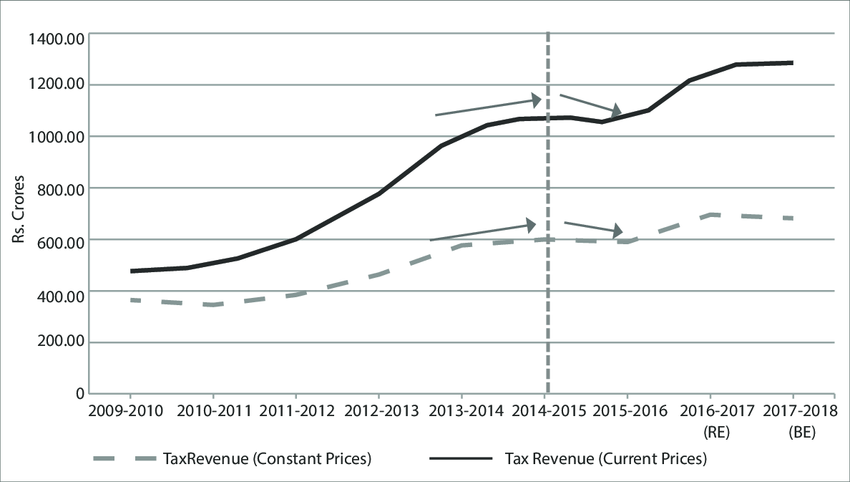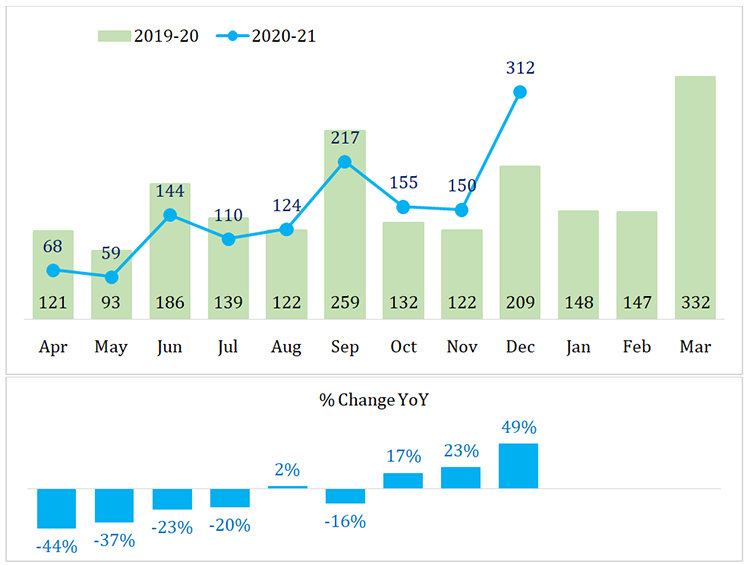
Property Tax Defaulters Get Time: If you’ve been stressing about your property tax dues, here’s some good news: the government has officially extended the deadline for property tax defaulters until August 31, 2025. Yep, you heard that right—homeowners and businesses who missed earlier deadlines now get a little breathing room. Instead of wrapping things up by mid-August, you’ve got until the end of the month to settle accounts without penalties. That extra two weeks may not sound like much, but for folks juggling bills, mortgage payments, or business expenses, it can be a lifesaver. And here’s the kicker: if you pay up by August 31, you’ll avoid hefty interest and penalty charges. Wait until September, and you’re staring down a 50% penalty on outstanding dues.
Property Tax Defaulters Get Time
The extended property tax deadline to August 31, 2025, is a golden chance for defaulters to wipe the slate clean. Whether you’re a homeowner, landlord, or business owner, this is your chance to avoid penalties and secure peace of mind. Remember—property tax isn’t just a bill. It’s an investment in your community’s future. Don’t let procrastination cost you an extra 50% come September.
| Topic | Details |
|---|---|
| Extended Deadline | Property tax settlement deadline pushed from August 15 to August 31, 2025 |
| Penalty Waiver | No interest/penalty if dues cleared by August 31 |
| Post-Deadline Penalty | 50% penalty on unpaid dues starting September 1 |
| Region Impacted | Punjab, India (Property Tax Amnesty/OTS Scheme) |
| Official Source | Punjab Municipal Infrastructure Development Company |
| Target Audience | Homeowners, businesses, real estate investors, property managers |
Why This Matters?
Think of property tax like the annual checkup for your house. Just like ignoring a toothache can lead to a massive dentist bill, ignoring property tax can snowball into penalties and legal headaches. By extending the One-Time Settlement (OTS) scheme, the government is basically giving folks one last shot to come clean without financial bruises.
This isn’t just about homeowners either—business owners, landlords, and even investors with commercial properties are in the same boat. The extension levels the playing field, giving everyone a fair chance to stay compliant.
Historical Context of Property Tax Deadlines?
Property taxes aren’t new—they’ve been around for centuries as one of the main sources of revenue for local governments. In India, property tax rules vary by state, but amnesty schemes like this aren’t unusual. Back in 2019, Delhi launched a similar drive and collected nearly ₹600 crore in pending dues within months.
In the United States, property tax extensions are common after natural disasters or economic downturns. During COVID-19, several states allowed delayed payments to give homeowners breathing room. Globally, this reflects a long-standing principle: governments need revenue, but they also need to keep taxpayers afloat during tough times.

What Exactly Is the OTS (One-Time Settlement) Scheme?
The One-Time Settlement scheme is like a peace offering from the government. Instead of dragging folks through courts or piling on penalties, it allows defaulters to pay only the actual tax due by a specific date, with all extra fines waived off.
Here’s how it works:
- You pay your base property tax dues.
- Penalties and interest are wiped clean if you pay by the deadline.
- Miss it? From September 1, a 50% penalty slams onto your unpaid balance.
This carrot-and-stick approach is designed to push compliance while showing leniency to those who might have fallen behind for genuine reasons.
Global Comparison: How the U.S. Handles It
In the U.S., property tax amnesty or extension programs vary by state. For example:
- Chicago has offered “Debt Relief Programs” where taxpayers could pay only principal dues.
- New York City allows installment plans through its Department of Finance to help property owners stay afloat.
- Texas often provides deadline relief after hurricanes or flooding.
The big takeaway is that whether it’s Punjab or Pennsylvania, these programs exist to strike a balance between government revenue needs and citizen affordability.
Economic Impact of Unpaid Property Taxes
Unpaid property taxes aren’t just a household problem—they affect the entire economy:
- Municipalities lose revenue, forcing cuts in services like waste management and street repairs.
- Investors face uncertainty, as unclear property records complicate real estate transactions.
- Taxpayer trust erodes, with honest taxpayers feeling penalized compared to defaulters.
By extending deadlines, governments often manage to recover huge sums. For example, Aurangabad’s 2024 amnesty program brought in ₹82 crore in dues, according to the Times of India.
Breaking It Down: Step-by-Step Guide to Clearing Dues for Property Tax Defaulters Get Time
Step 1: Check Your Property Tax Status
Log on to your local municipal corporation’s website or visit the property tax office. Most regions now provide online access with property IDs.
Step 2: Verify the Amount
Errors creep in. Double-check the amount owed before paying.
Step 3: Pay Online or Offline
- Online: UPI, net banking, debit/credit card.
- Offline: Cash, card, or demand draft at municipal counters.
Step 4: Get a Payment Receipt
This is your shield in case of disputes.
Step 5: Plan for Next Year
Mark tax deadlines in your phone calendar or set up reminders.

Case Studies: Real-Life Impact
- A homeowner in Ludhiana cleared three years of dues under a previous OTS, saving nearly ₹15,000 in penalties.
- A small business owner in Amritsar used the 2022 scheme to clear pending dues and finally secured renewal of a trade license.
These aren’t rare stories—hundreds of property owners benefit from such schemes every cycle.
The Psychological Side: Why People Delay Taxes
Let’s be real—taxes freak people out. Many homeowners delay payments due to:
- Financial stress—competing bills take priority.
- Procrastination—“I’ll do it tomorrow” syndrome.
- Complexity—confusing paperwork leads to avoidance.
But here’s the truth: the longer you delay, the worse it gets. Think of it like credit card debt—the penalties pile up, and stress compounds.
Digital Transformation in Property Tax Payments
The good news? Paying taxes is getting easier. Many municipalities now offer:
- Mobile apps for quick payments.
- E-receipts delivered instantly.
- AI-powered systems to calculate dues automatically.
This shift reduces corruption, saves time, and helps taxpayers stay compliant without running around offices.
Legal & Compliance Risks of Non-Payment
Ignoring property tax can escalate into:
- Legal notices from the municipal corporation.
- Attachment of property (a legal lien preventing sale).
- Refusal of permits for construction or renovation.
- In extreme cases, property auction to recover dues.
In other words, unpaid taxes can legally handcuff property owners.
Pro Tips for Professionals
For Accountants & Tax Advisors
- Encourage clients to settle before August 31.
- Maintain updated ledgers to simplify audits.
For Real Estate Investors
- Always demand tax clearance certificates before buying.
- Use OTS schemes to negotiate better deals on distressed properties.
For Lawyers
- Guide clients through compliance to avoid litigation.
Data & Statistics: Why Amnesty Schemes Work
- Aurangabad recovered ₹82 crore in dues in 2024 through amnesty programs.
- In Delhi’s 2019 scheme, nearly ₹600 crore was collected in just months.
- Globally, property taxes account for up to 75% of municipal revenue in U.S. cities, according to the Urban Institute.
The math is clear: amnesty schemes deliver big wins for governments and citizens alike.
Future Outlook: What to Expect Beyond 2025
Don’t expect such leniency forever. Experts predict that:
- Digital enforcement will tighten, reducing the need for amnesty.
- Penalties may rise in future schemes to discourage habitual defaulters.
- Smart property tax systems will integrate with real estate registries, making unpaid dues instantly visible during property sales.
If you’re thinking, “I’ll wait for the next amnesty,” be careful—it might not be this generous again.
NMMC Rolls Out Property ID Cards – Here’s How It Will Change Tax Payments
₹167 Crore Property Tax Collected In Just Weeks – How PCMC Pulled It Off
GST Not Applicable on Renting Property to Government for Girl’s Hostel, Says AAR










